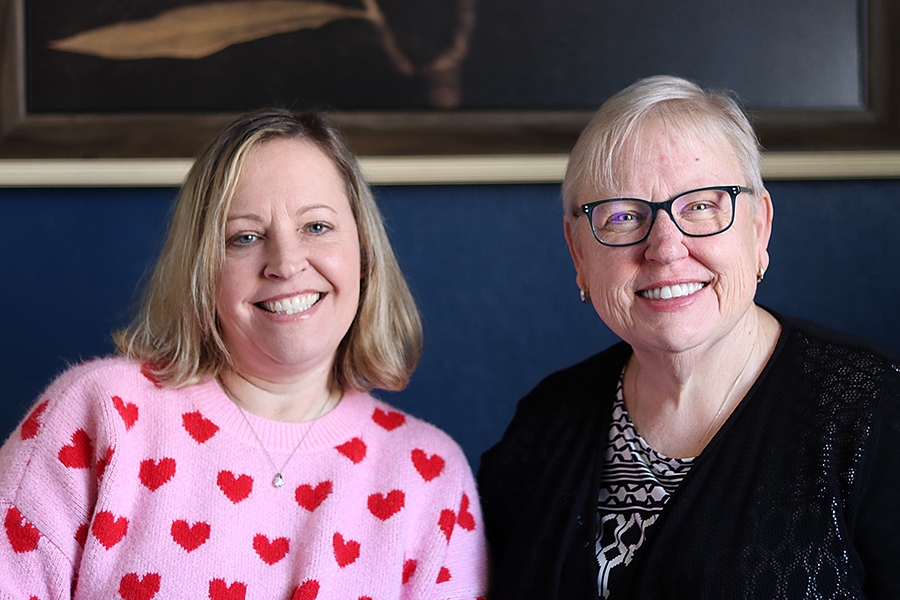University of Oklahoma faculty, staff, and students can now download NVivo, a qualitative data analysis computer software package, for free thanks to a partnership between OU’s Office of the Vice President of Research and Partnerships, the Data Institute of Societal Challenges, and the Institute for Community and Society Transformation.
“When people think about data analysis, they often think of quantitative research, which is numbers and figures and charts and graphs. But the other half of data analysis is qualitative research,” Deborah Trytten, Ph.D., professor in the School of Computer Science, Gallogly College of Engineering, and adjunct professor in the Department of Women’s and Gender Studies, Dodge Family College of Arts and Sciences, said. “There are many people on campus who do qualitative research, plus it’s being taught to students.”
The NVivo software allows users to import and organize a wide range of data, including text documents, images, audio and video clips, and more. “Up to this point, a qualitative researcher’s choices were to use spreadsheets or index cards, or purchase software individually,” Trytten explained. “This research is extremely time consuming, but without tools like NVivo, it is gut-wrenching.”
Each file in NVivo can be coded (tagged), allowing users to quickly identify, link, and connect data points for their research. “In a way, this tool bridges the gap because you can code your responses, allowing you to conduct quantitative analysis of qualitative data,” Erin Maher, Ph.D., associate professor in the Department of Sociology, Dodge Family College of Arts and Sciences, and a senior associate director for DISC, said. “Any open-ended survey or focus group responses benefits from tools like this to analyze the data.”
The collaborative nature of NVivo is also integral to OU’s research initiatives. “This software allows for collaboration, which leads to higher quality research,” Trytten stated. “Collaborating on paper or on spreadsheets within an institution and especially across institutions is virtually impossible. This software makes it possible to do beautiful, trustworthy, and efficient analysis.”
In addition to its research functionality, access to NVivo will greatly benefit OU students. “Our faculty can teach it to undergrads while using it themselves. Just learning how to think about quantifying qualitative data and understanding patterns of information in its own right is going to be very useful,” Maher said.
In summarizing the importance of incorporating NVivo, Trytten concluded, “We will have failed in our mission if we don’t get people to use it in their teaching and in their research.”
NVivo is available on both Mac and Windows devices for free for all current OU faculty, staff and students via OU Information Technology’s Software Download website.



